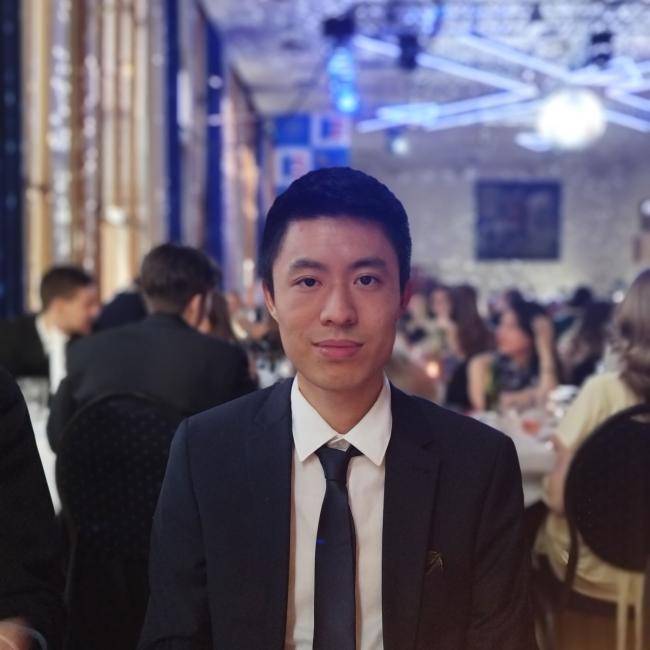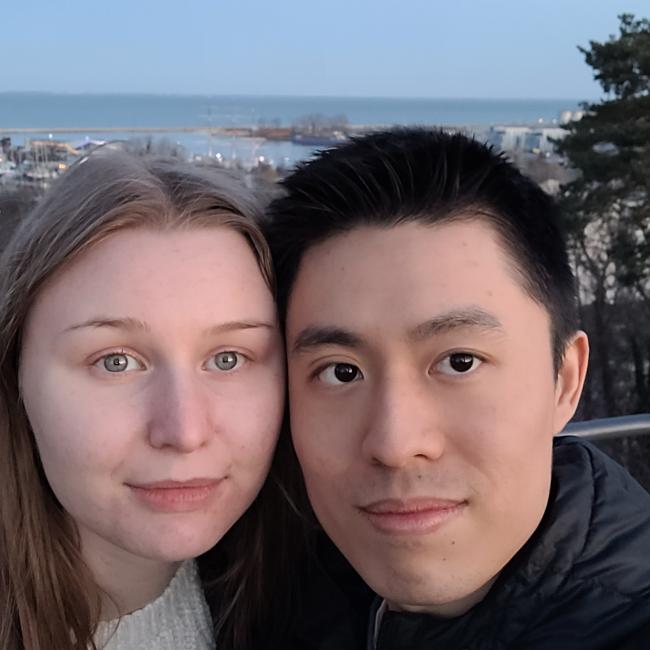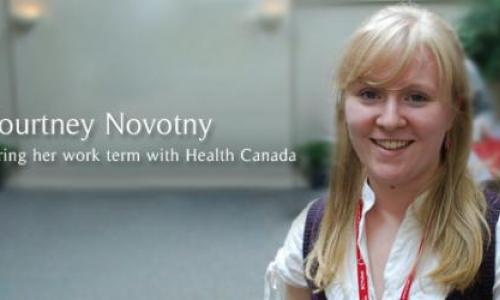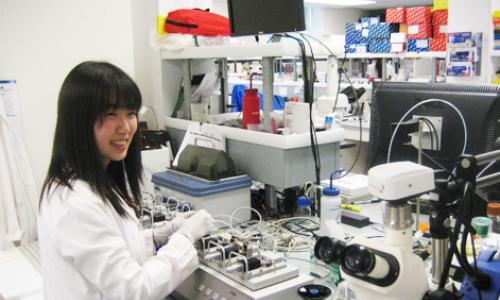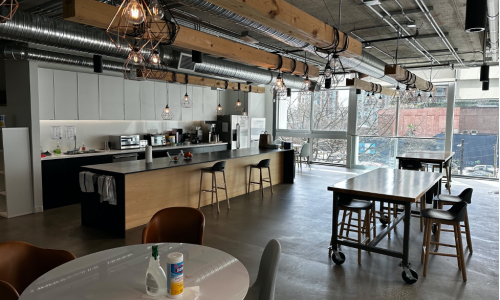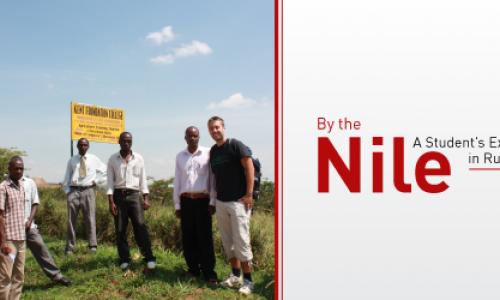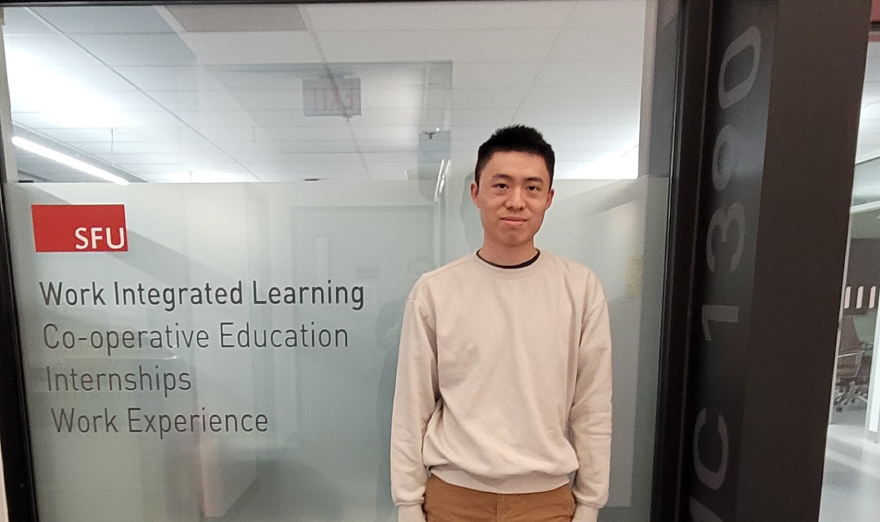
Whether it is studying full-time or being on a co-op work term, it is important to ensure you have a good work-life balance for your mental health. Very rarely do we not have any conflicting responsibilities throughout life. It could be having two exams on the same day, or having a meeting with your supervisor on the weekend. The importance of multitasking, time management, and prioritization cannot be overstated, as those are the key skills that will determine your success in your academic, professional, and personal life.
I am a 4th year business student who is currently working for the International Co-op office part of Work Integrated Learning (WIL) at SFU. WIL is responsible for programs such as career services, volunteering opportunities, and their flagship co-operative education (co-op) program at SFU. I had an interview for a co-op position in October as my seeking semester was last fall. This was my first time working for SFU Co-op, but it was my second overall co-op term as my first one was with Health Canada. My position title is Marketing and Communications Assistant at the International Co-op office.
My typical workweek consisted of a hybrid model with two days in the office and two days at home. I worked next to two co-op students from the Co-op marketing team with the Online Learning Community (OLC) team down the hall from me. I work very independently in this role as the International Co-op office team is just made up of me and my supervisor. International Co-op provides students with a once-in-a-lifetime opportunity to gain experience in an international setting while travelling the world. Students get a chance to learn a new language, meet new friends, and gain lifelong skills during an International Co-op placement.
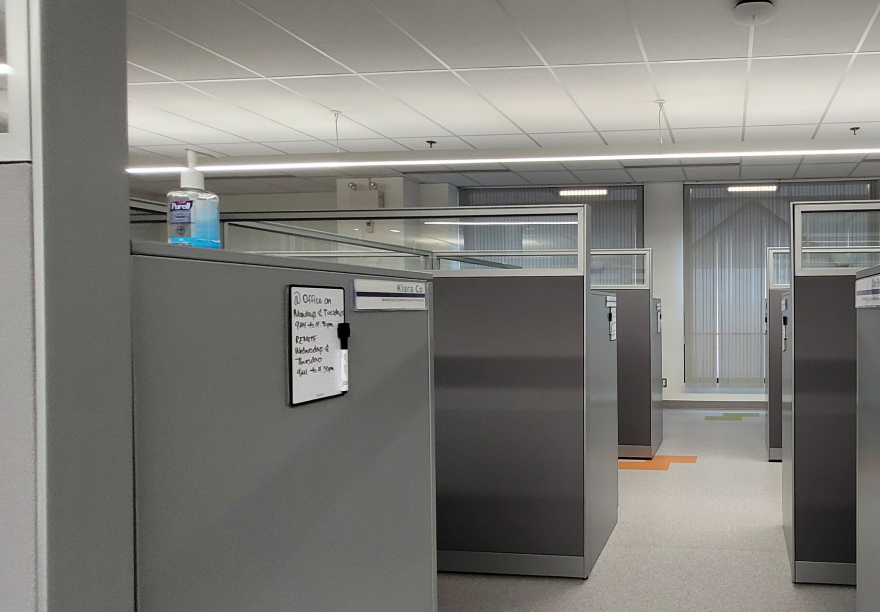
Due to our team being so small, this resulted in a lot of flexibility and freedom for me to take up new initiatives and projects that I wanted to. My supervisor Amy was very supportive in giving me the resources and time I needed to bring some of my ideas and suggestions to life.
Some of my bigger projects and tasks included:
-
Drafting and sending out our weekly email blast with international co-op job updates and opportunities for students interested in working abroad
-
Revising and updating the Bridging International Learning (BIL) canvas course that all coop students working abroad must take.
-
Coordinating with the WIL marketing team to produce relevant and on-brand content and campaigns to promote our program and offerings
-
Spearheading and laying the groundwork for a podcast work term report option that better accommodates students with disabilities or those having English as an additional language
-
Analyzing student survey data and statistics to draft a presentation outlining the current challenges, successes, and possible improvements in our program’s engagement with interested students
-
Laying out a roadmap and strategic plan for the future direction of the International Coop program amidst the everchanging global pandemic
I didn’t just face conflicting responsibilities and deadlines within my position here at SFU WIL, but seemingly from every aspect of my life at the same time. I almost didn’t apply to this position as I was worried if I could handle all the job duties that were listed in the posting. On the day of the job posting deadline, I finally pulled the plug and submitted my application. I knew it was now or never and I am delighted I took that opportunity that day.
Without the ability to multitask, I would have been unable to succeed or make the most of my co-op role. During the peak of my work term, I had to extract and analyze survey data, draft weekly emails, update our canvas course, and hire a student replacement at the same time. The biggest mistake people often make when multitasking is sacrificing the quality of work in exchange for the quantity of work completed. That doesn’t have to be the case because multitasking provides you with the opportunity to have higher quality work. You can use the lessons and tools you’ve gained from finishing different projects to enhance your quality of work.
Most co-op positions are usually full time requiring you to work five days per week. Since my co-op position was only four days a week, it gave me a weekday off. Rather than just using that day as a much-needed rest day or break, I decided to apply to be a Teaching Assistant (TA) at Beedie. This was a role that I had applied to for the last four consecutive semesters since 2020 and I had been rejected every time. I nearly gave up on applying as it was quite disappointing and demoralizing to hear back each time I applied. To my surprise, I finally got an offer to teach BUS 217W around the same time I had accepted my co-op position at SFU WIL.
This was not your ordinary class, as it was a mandatory 4-unit course for all business majors and minors with a strong writing component. Teaching this class resulted in an average of 12 - 15 hours of work per week, with the busiest weeks of marking requiring nearly 20 hours of work. As I was already working a full four days with my fifth day requiring my attendance at lectures, I could only do my TA marking after I got home from work, or on my weekends.
Being a teaching assistant taught me the importance of having proper time management. I would use tools such as Google Calendar to help me plan blocks of time that I could dedicate to each task and assignment. This allowed me to plan ahead and have a clear outline of what my upcoming week would look like. If I fell behind schedule, I could easily pivot and manage my time more effectively. Having this framework also motivated me throughout the term as I could look back and see the amount of work I was getting done. Without proper time management, I would have missed multiple marking deadlines resulting in students not getting the timely feedback that they require to succeed in the course.
On top of my co-op position at the International Co-op office along with my teaching assistant role, I was also a Marketing Project Manager for the Student Marketing Association (SMA) here at SFU. In this role, I led a team of two marketing coordinators and one visuals communications coordinator part of the SMA Reach program. There were a total of four teams and each team got matched with a local small business where we spent the term providing pro bono marketing consulting services to help them with their social media presence and brand image.

My team got matched with a local small business called Plantastic Foods. Plantastic was founded by Sanit Jain in 2019 and they sell vegan cheesecakes that have no refined sugars, artificial flavours, or dairy. Their mission is to help more people have access to healthier food choices without compromising on taste or texture at affordable prices.
Most of my work in this role was done on Friday nights and weekends along with my TA job. I had to learn how to prioritize certain tasks, projects, and deadlines especially when leading a team of three other students. There were many times when I found myself in very difficult situations having to choose conflicting ideas from my team members. I had to prioritize ideas and suggestions that were more attainable while knowing when to respectfully disagree with someone’s proposal. Being a leader is no easy job as you are often put in complicated situations where someone will be unhappy and disagree regardless of your choice or decision. What makes a great leader is their strength and ability to make tough decisions when no one else wants to or knows how to.
If you quickly add up everything you will realize that the combination of my co-op position, teaching assistant role, and project manager responsibilities add up to an average of 50+ hours each week. This is much more difficult than your standard 9 to 5, 40 hours per week office job. I had the opportunity to take a less demanding route, but I decided to challenge myself to see what I could accomplish. If you don’t push yourself to test your limits and see what you’re capable of doing, you will always stay confined to your comfort zone with wasted potential.
At the end of the day, we are all more than just a student or an employee. I am also someone’s friend, son, and partner at the same time. I truly believe that there is no excuse for not having enough time for someone, because in life we make time for those who matter most. There will only ever be 24 hours in a day, and the only factor we can control is how to make the best use of that time we have. If there is someone or something truly worth your time, you will always be able to find and make time for what’s important in your life.
It is just as crucial to ensure you have enough time for yourself so that you don’t get overwhelmed and experience burnout. We are all human at the end of the day and no one is immune to feeling stressed or overwhelmed. Whether it is from our personal lives, finances, relationships, school, or work, all of these different areas can often cause us stress and confusion. During these times when you need help, SFU has amazing resources such as professional counsellors and mental health nurses who can support you at Health and Counselling (HCS).
I travelled to Stockholm, Sweden for four months in September for two main reasons. I wanted to visit my girlfriend Nora who lives there, and I also wanted to gain a better understanding of Swedish life and culture. I was considering applying to study abroad in Sweden, so I used that time to determine if I would enjoy living there before committing myself to a full study abroad semester lasting half a year. After my time there, I can say I fell in love with living overseas in Sweden with life being so different and unique compared to Canada. Without question, having a girlfriend who is Swedish certainly helps with being acquainted to Swedish culture. As soon as I flew back home, I immediately submitted my study abroad application for Sweden.
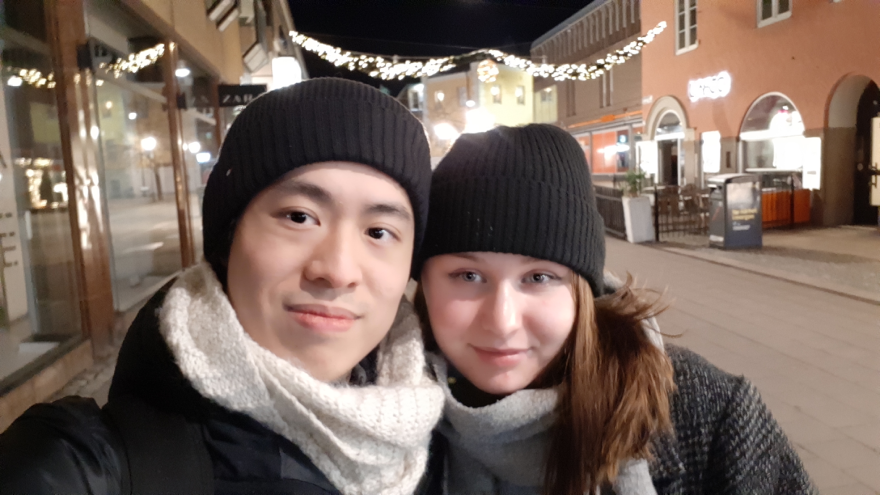
If there is one final takeaway, it is the importance of having a support network that you can count on and turn to during difficult times. It could be your parents, siblings, partner, or even a trusted friend from school or work. You may want to have a network of supportive people, or maybe just one person is enough. For me, my girlfriend was instrumental in my success throughout this semester. There were times when I doubted myself and almost didn’t apply to be a teaching assistant or project manager. But she was always there to encourage and inspire me whenever I was close to giving up. During the times when even I didn’t believe in myself, she believed in me. I am very thankful to have such a supportive and inspiring partner who constantly challenges me to be the best version of myself. Without her unconditional support and understanding, I never could have accomplished half the things I wanted to this semester.
We will always find ourselves in tough situations that seemingly take us all by surprise. Everyone has different responsibilities and obligations as we are all coming from different walks of life. No matter how much planning or preparation we do, the only solution is to always expect the unexpected in life. There is no secret trick or shortcut, but having a proper support network or person will make all the difference on whether you barely survive, or flawlessly thrive in whatever it is you choose to do.









